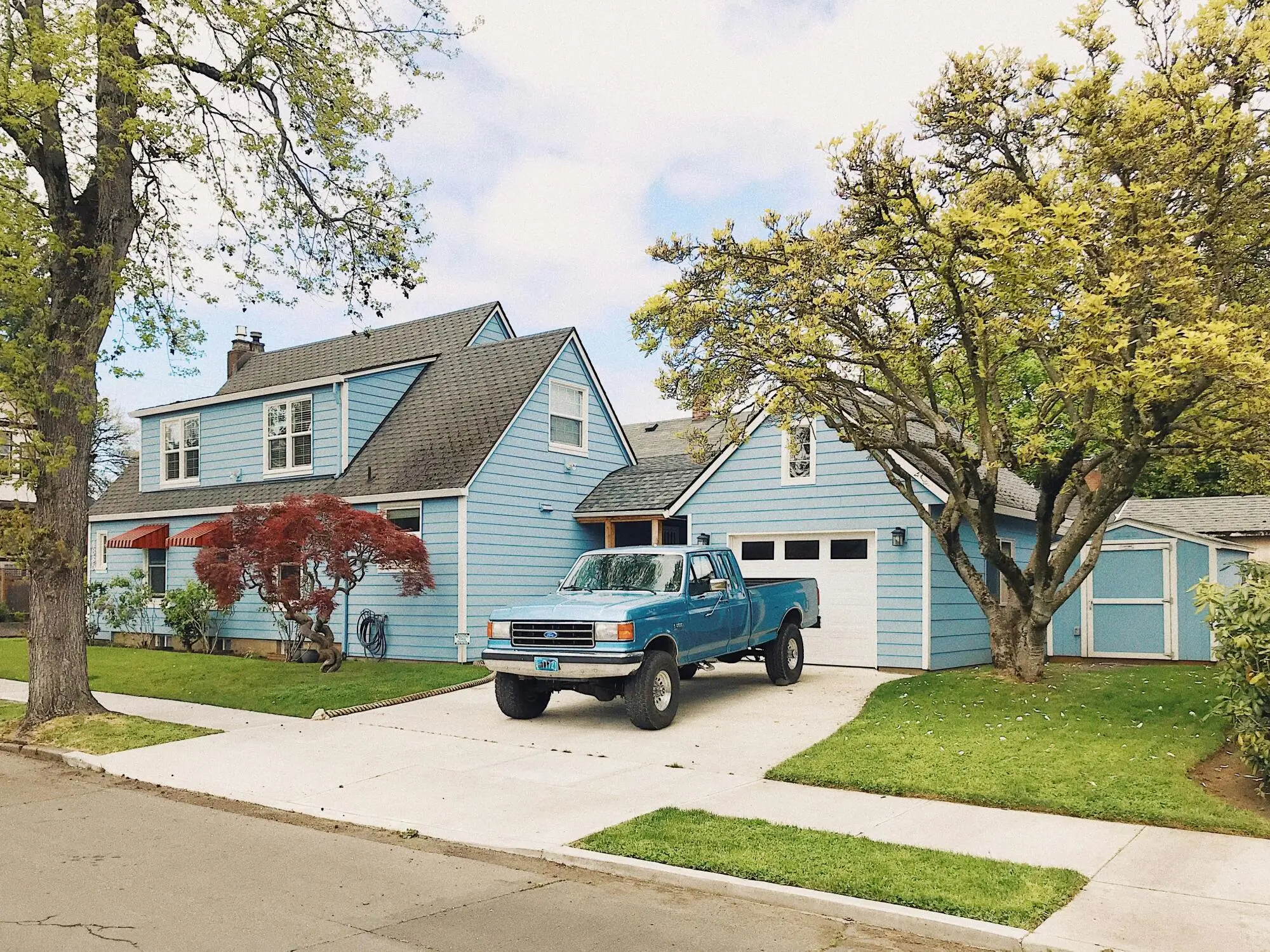New Hampshire is home to ten homeowner and tenant associations. These community associations play a huge role in managing the neighborhood and boosting the quality of life of the people who live in these communities.
Effective HOA community involvement is facilitated by HOA board members and association managers. It involves establishment of and collection of dues, enforcement of rules, community maintenance, event planning, and financial management.
Are you curious about how effective association management supports property and community success? Keep reading as we lay out strategies that will enhance the way your community works and thrives.
Understanding Association Management
What is association management? This term refers to the managing organizations that work toward a common purpose. Homeowners Association Management helps a group of homeowners achieve the goal of maintaining the community. It works to increase home values and improve the quality of life for its members.
The key responsibilities of association managers is to collect HOA fees, communicate with homeowners, manage vendors, make an annual budget, and stay compliant with rules and regulations.
Strategic Planning and Goal Setting
When running a community association it is important to establish a long-term vision for the neighborhood. Set SMART goals for the association.
Specific
Be specific. What is your exact goal for the community? Maybe you want get X% of homeowners paying their dues on time in the next fiscal year. What strategies will you use to meet that goal?
Measurable
Establish goals that you can measure. When you have quantifiable goals, you're able to monitor progress and identify areas that need improvement.
Attainable
Set attainable goals. What is a realistic goal for the community? Do you want to host two large community events a year? If that is realistic, you'll be more likely to achieve it.
Relevant
Choose goals that are relevant to the neighborhood. Formulate goals that align with your core values and the mission.
Time-Based
Incorporate a timeline so you can stay on task and measure consistent progress. Establish an end date by which you wish to achieve your plan.
Financial Management
Budgeting and financial reporting are a large part of association management. HOA dues must be established and other revenue generation strategies developed to cover maintenance and repairs.
Membership Engagement and Retention
Establish strategies for attracting and retaining members. Foster communication by implementing things like:
- Community forums
- Newsletters
- Social media pages
Homeowners who are informed and engaged feel like they play an integral role in the community. They are more likely to be invested in the community's success.
Event Planning and Execution
Plan events like a community potluck, a 5K run, or trunk or treat. Get suggestions from the homeowners to ensure more community involvement.
Legal Compliance and Risk Management
Understand relevant state and local laws and regulations. Implement risk management strategies.
HOA Management Solutions
Now that you know more about how effective association management leads to organizational success, you realize the importance of continuous improvement in HOA management. By prioritizing things like strategic planning, community engagement, financial management, and rule enforcement, you'll enjoy a content and peaceful community.
Are you ready to take your HOA management to the next level? We at PMI Granite State can help. We are a team of professionals providing property management and real estate brokerage services. Contact us today through our website or by calling 603.691.3440 to set up a consultation.


